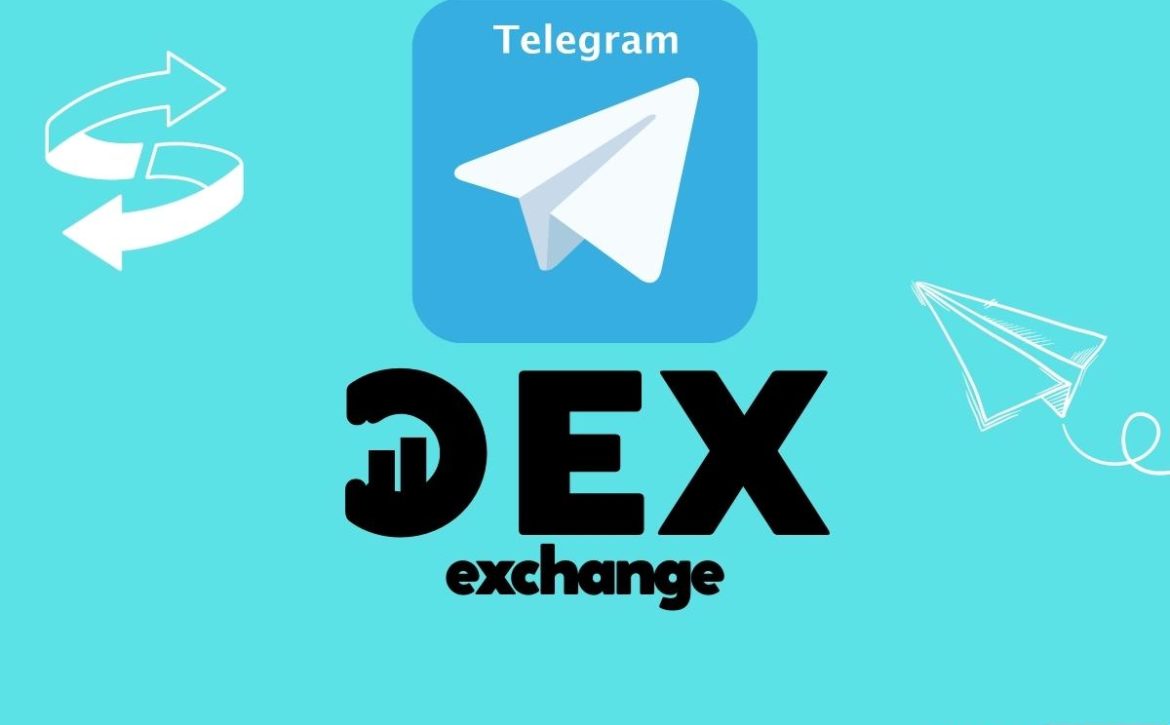Cryptocurrency trading bots in Telegram have conducted transactions worth almost $200 million in a few months.
Our experts talk about the new trend in the crypto market and the associated risks of trading through Telegram bots
Trading bots in the Telegram messenger have quickly gained popularity among cryptocurrency traders. And those who prefer trading assets on decentralized exchanges (DEX). They are easier to use for quick and more precise trades. And skipping not the most user-friendly interface of blockchain-based trading platforms. However, the convenience of bots comes at the cost of trusting such bots with access to investors’ wallets.
Based on predetermined rules, having received a message, bots can recognize trading commands. And interpret them and then promptly execute trades on decentralized exchanges such as Uniswap. When first launched, the bot creates a wallet for the user. And providing him with access keys, after which funds need to be deposited into that wallet to start trading.
Bots also give a set of useful tools such as limit orders. And copy-trading (automatic copying of trades of given addresses) and so-called token sniping – tracking the appearance of new tokens on the Ethereum blockchain with automatic purchase. The bots have their own tokens, and rising prices are creating a speculative frenzy around them.
Unibot, launched in May this year, is considered the obvious leader in terms of the number of users and trading volumes
Its own token, UNIBOT, rose in value by more than 50% over the past week. And since its launch, it has increased in value almost 50 times. The demand for the token is supported by the fact that it must be held to pay trading commissions. However, 40% of these commissions are returned to users and are distributed proportionally to the number of tokens held by all owners.
The daily trading volume of the UNIBOT token at the time of publication exceeds $10.5 million, according to the aggregator CoinGecko. The site has a separate section for tokens of Telegram bots. And their list already numbers in the dozens – the developers are obviously trying to repeat the success of the pioneer and capitalize on the new market narrative.
Other popular bots include Swipe, WagieBot, Bolt and others. According to Dune Analytics, since May, more than 63,000 users have made transactions totaling about $193.7 million using bots, with Unibot accounting for the vast majority of the transactions. And more than $1 million in commission refunds have been distributed to bot token holders.
When making transactions on decentralized exchanges, users have to constantly log into their wallet. And check the correctness of information about tokens and face high commissions. At the same time, they still have full control over their own assets and do not need to entrust their wallet keys to a third party.
The appeal of trading bots is likely due to their ease of use compared to platforms. And which run on smart contracts. That said, users are forced to trust the wallets. And which are created inside the bots, with the condition that the bots have full access to them.
Safety and risks of Telegram bots
Despite the surge in popularity of trading bots. Security experts are critical of their approach to user assets.
In a comment to The Block, former Microsoft security chief Christian Seifert calls the emergence of trading bots in Telegram a “scary development.” And at the same time referring to their closed source code and the need to share wallet keys with them. In his opinion, this can be more dangerous than transferring funds to dubious crypto exchanges or to the addresses of unverified smart contracts. “In the second case, at least you can limit the level of access to funds. With bots, you are essentially just trusting them with your funds and hoping they won’t misappropriate them,” the expert cautions.
Yajin Zhou, co-founder of BlockSec, a blockchain security company. Similarly expressed similar concerns about the growing trend of bots on Telegram in a comment to reporters. He also talks about possible risks associated with the transfer of tokens to third-party wallets created by applications.
The high speed and ease of use of bots often comes at the cost of reduced security.
When such services automatically create a wallet for the user. There is a risk associated with permanently storing private keys inside the bot. If there is a data leak or a hack, it can turn into a disaster for bot users. After all, the bot developers themselves, often anonymous, can misappropriate user funds.
When a bot creates a wallet, it essentially creates a cryptographic key pair. The public key represents the address for incoming funds. The private key, gives access to those funds. This is what could potentially be the primary target of attackers. And who can easily withdraw assets from the wallet if it is compromised. On the other hand, if a user loses the private key without a backup, they will lose access to their assets.
Since private keys for wallets are not generated by users themselves. And their security is not always guaranteed, and this opens the door to abuse. He confidently says that in the future, unscrupulous bot developers will steal users’ funds.
Our experts note that if we draw parallels with past periods of excitement around memcoins or DeFi-tokens promising quick profits. Most of them turned out to be outright fraudulent projects. And that “countless investors” suffered.


